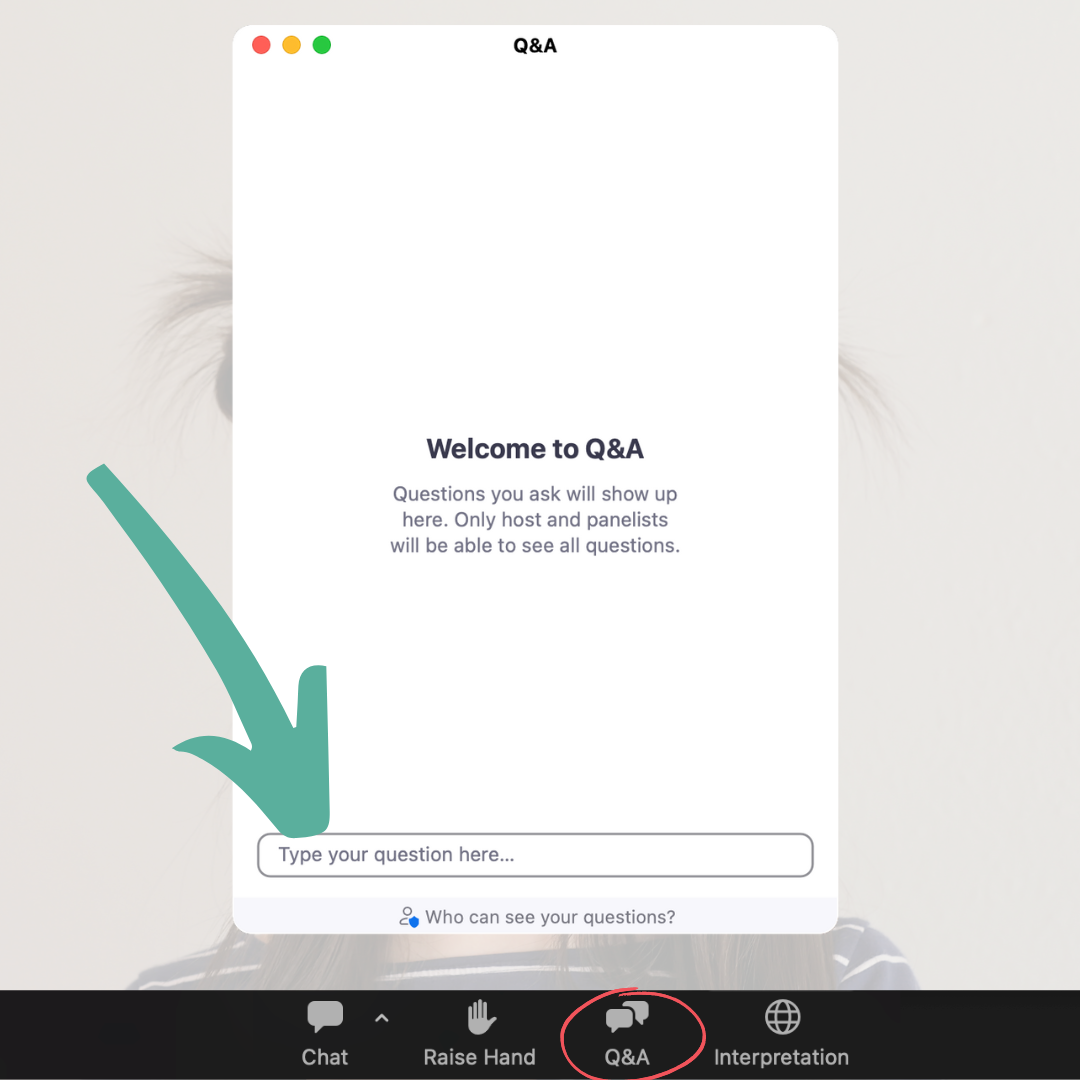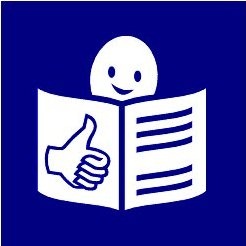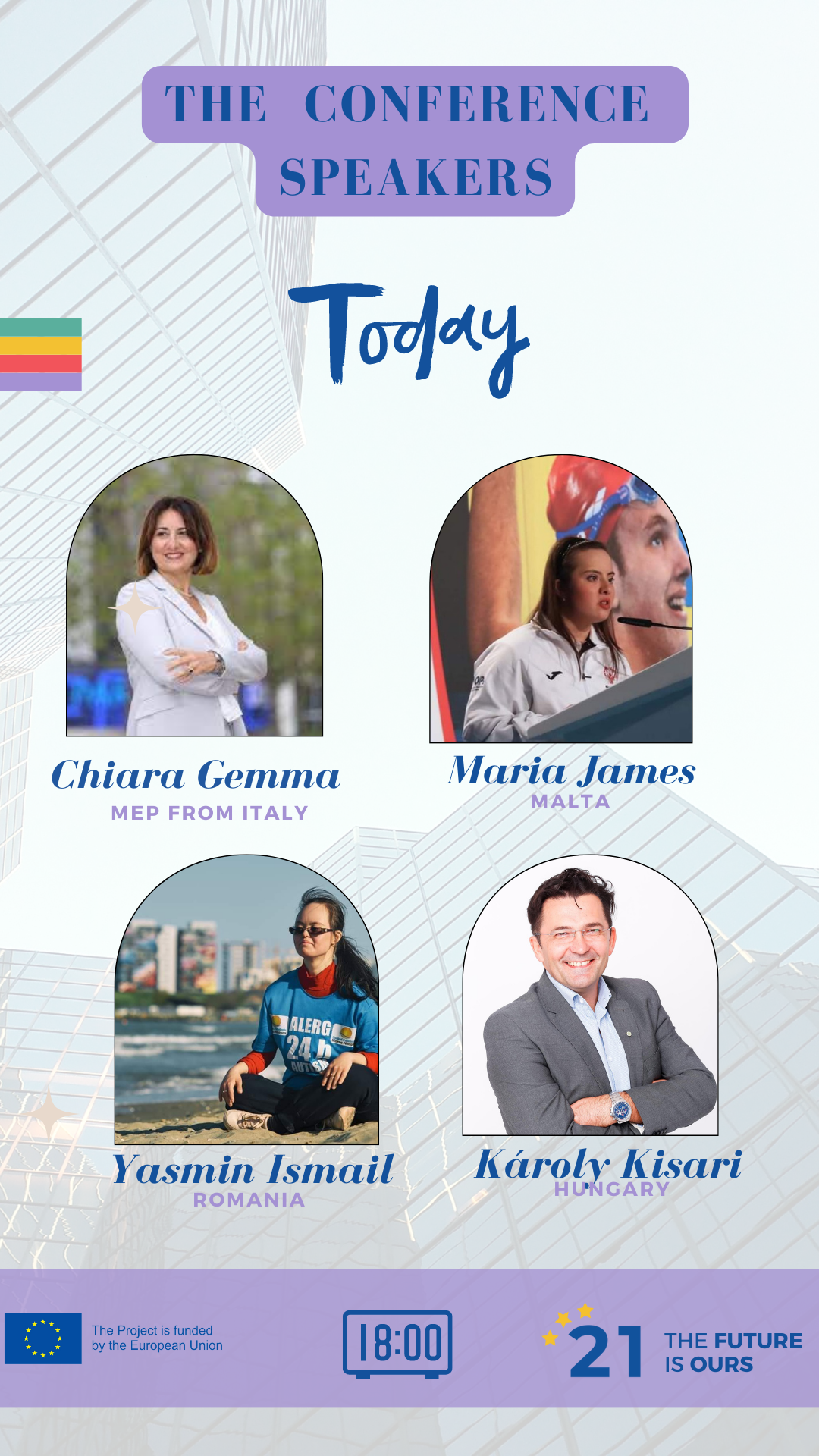Hi Everyone!
We are looking forward to our event on Equal Treatment.
It will take place on July 6th at 18:00 Paris Time (CEST)
Below you can find the detailed program of our event.
You will be able to ask questions throughout the event.
You can find Instructions for Zoom with pictures below.
Program
18:00 Welcome
Elisabeth Gudenus, Project Manager EU for Trisomy 21
18:10 Answering Questions on Equal Treatment
Chiara Gemma, Member of the European Parliament
18:20 Panel: Time For More Equal Treatment
- Self Advocate and Gold Medal Winner Maria James from Malta
- Self Advocate and junior Psychologist Yasmin Ismail from Romania
- Károly Kisari, Rejtett Kincsek Down Egyesület
ZOOM Instructions
How to change language

If you want to change the language of our event click the globe image in your Zoom call and pick your language.
We will have translations in the following languages:
English
Italiano (Italian)
Magyar (Hungarian)
Român (Romanian)
Français (French)
Deutsch (German)
Deutsch Leichte Sprache (German Easy Language)
Polski (Polski)
ελληνικά (Greek)
How to ask questions

Throughout the event you can ask questions to our speakers.
You can type them in your own language in the Q&A box.
We will try to answer them all.
The Chat function is more for technical questions and saying hello to others.


© European Easy-to-Read Logo: Inclusion Europe
Why Easy To Read is important
Easy-to-read information is important
for people with intellectual disabilities.
It is important so they can
- Learn new things.
- Take part in society.
- Know their rights and stand up for them.
- Make their own choices.
About Eufortrisomy21.eu
A platform for the collaboration of associations, citizens and politicians working together for the celebration of World Down syndrome Day, to make visible the intellectual disability in general and persons with trisomy 21 in particular (most common intellectual disability of genetic origin, also called Down syndrome).
